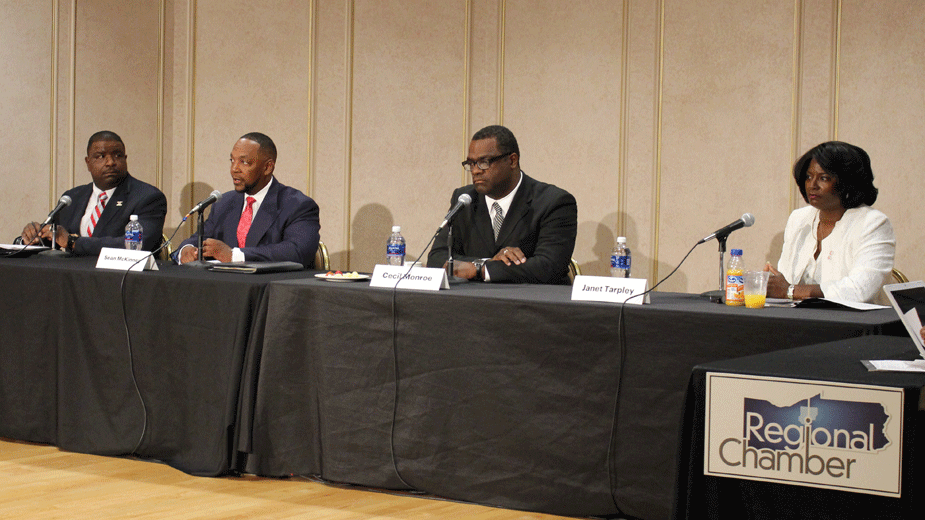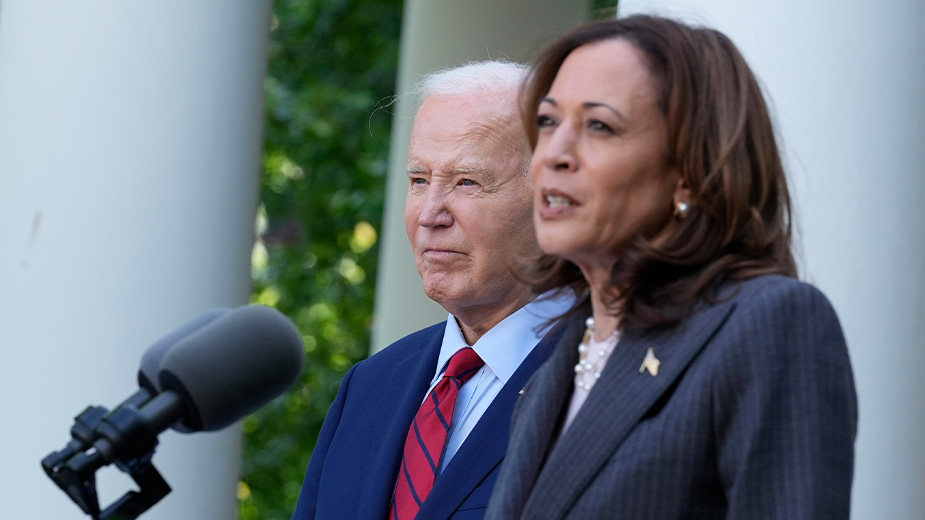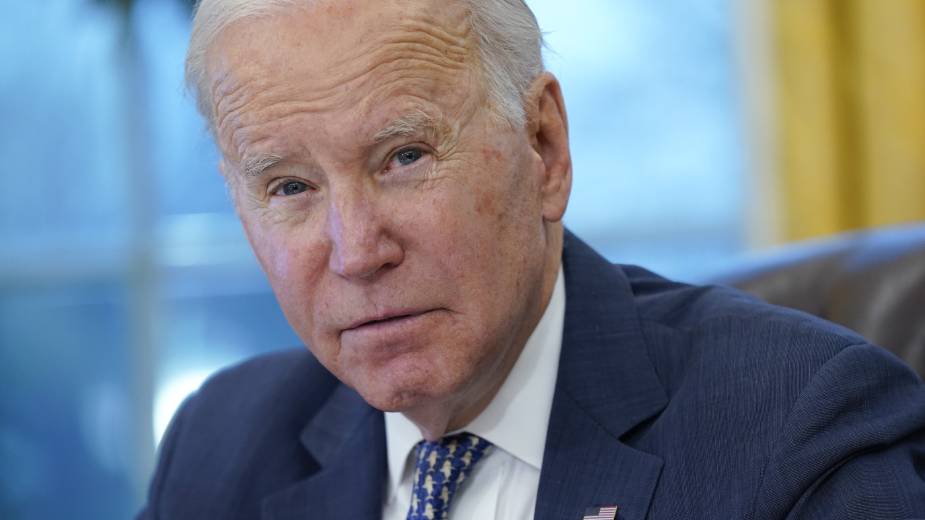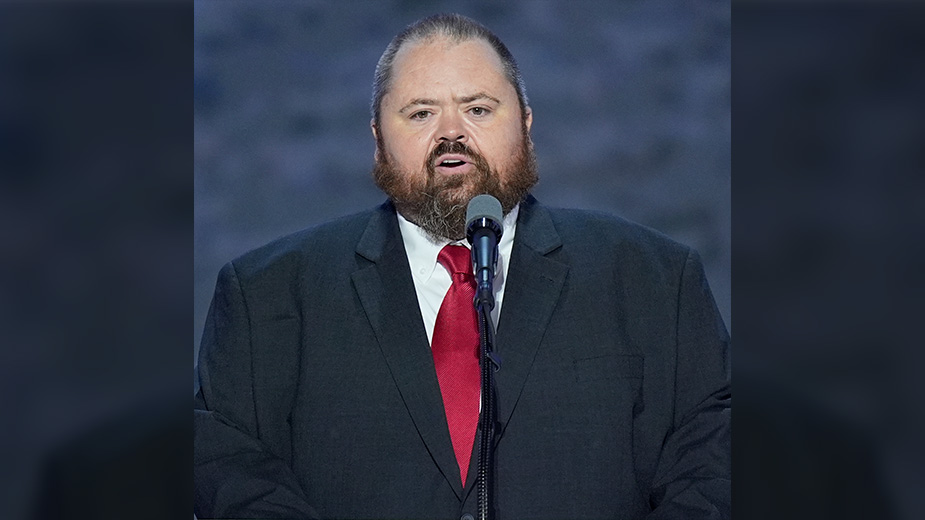Mayoral Candidates Talk Business at Chamber Forum
YOUNGSTOWN, Ohio – The four candidates vying to become Youngstown’s next mayor shared their visions for the city this morning during a panel discussion that focused largely – though not exclusively – on business and economic issues.
Jamael “Tito” Brown, the winner of the Democratic primary, will face independent candidates Sean McKinney, Cecil Monroe and Janet Tarpley in the Nov. 7 general election. All four appeared at this morning’s Government Affairs Council Mayoral Forum presented by the Youngstown Warren Regional Chamber.
“The number one issue is economic development. We need to grow the city. If the city’s not growing, we’re dying,” said James Dignan, the Regional Chamber’s chief operating officer.
Three of the candidates have served in elected office or in a city administration and touted those experiences as an asset. McKinney served as building and grounds commissioner with the city until resigning to run for mayor and served as de facto chief of staff for a time to then-Mayor Charles Sammarone. Brown is director of operations in the Mahoning County treasurer’s office and previously served as City Council president. Tarpley served on City Council for eight years and chaired its finance committee.
Business owners in Youngstown want the same as those outside the city, Brown said. “They want to see what’s the return on my investment,” he said. “They want to make sure that you’re working hard, that you’re putting them first.”
Brown, who beat incumbent Mayor John McNally for the Democratic Party nod in the May primary, said his administration, if he is elected, would take a “concierge approach” to job retention. “When the deal is not going right, I want you to call me,” he said. In addition, he said he would put together an advisory panel comprised of profit and not-for-profit entities, and large and small businesses.
In his capacity as a department head and his work with Sammarone, McKinney said he has experience on the executive side of government that his opponents lack. He also has reached out to McNally and the city’s past mayors, as well as Atlanta Mayor Kasim Reed, for advice. One of the key things he said they advised him was nothing is always what it seems.
McKinney encouraged the use of incentives such as float loans, tax abatements, urban renewal sites and money from city enterprise funds to lure businesses to the city. He stressed that when the city offers such inducements that it needs to make sure the businesses are going to be good for the community.
Tarpley pointed to her efforts along with other members of City Council at the time to asssit Vallourec’s $1 billion-plus pipe mill. She also touted her work to research and bring the Community Initiative to Reduce Violence and her role in bringing the idea of an amphitheater – a project now being developed – to the city “because I knew we needed more to compete in the city and to bring dollars downtown.”
Monroe, a substitute teacher and third-generation preacher, touted not being a member of the area’s “political establishment” as an asset, as well as the skills acquired during his military service.
“I don’t have anybody who I am beholden to. I can come in and make the changes without fear,” he said. “I can come in and do what needs to be done.”
He also repeatedly pointed to City Hall as “a place that remains hostile to women,” a pointed reference to DeMaine Kitchen, who was elected the Democratic nominee for president of council and faces no opposition in November. In 2013, Kitchen stepped down as Sammarone’s chief of staff just before a report was released determining that he had sexually harassed a female city employee.
Monroe, in one of the few points of drama during the forum, accused the other candidates of being aware of Kitchen’s actions. Both Tarpley and McKinney directly denied knowing about the situation before it was disclosed. Brown said individuals, no matter who they are, need to know they receive “a fair shake” when dealing with the city.
In discussing the city’s 2.75% income tax – a factor some businesses have said contributed to their decision to leave Youngstown – the candidates largely agreed that there was no easy way to reduce it.
“It’s something we would focus on but at this time it can’t be reduced,” McKinney said. “The city would crumble, but there are measures we could do to bring new investment into the city.”
While the city would look every year at how it can reduce the tax, the city needs to talk about what taxpayers get for that 2.75%. “Business owners want return on investment,” Brown said.
“Everything is negotiable. Nothing is set in stone,” Monroe offered.
Among the options Tarpley said she supports is forming joint economic development districts.
All four supported efforts to encourage Amazon to locate its proposed second headquarters here, a project that would bring an estimated 50,000 jobs to the city chosen.
Copyright 2024 The Business Journal, Youngstown, Ohio.



